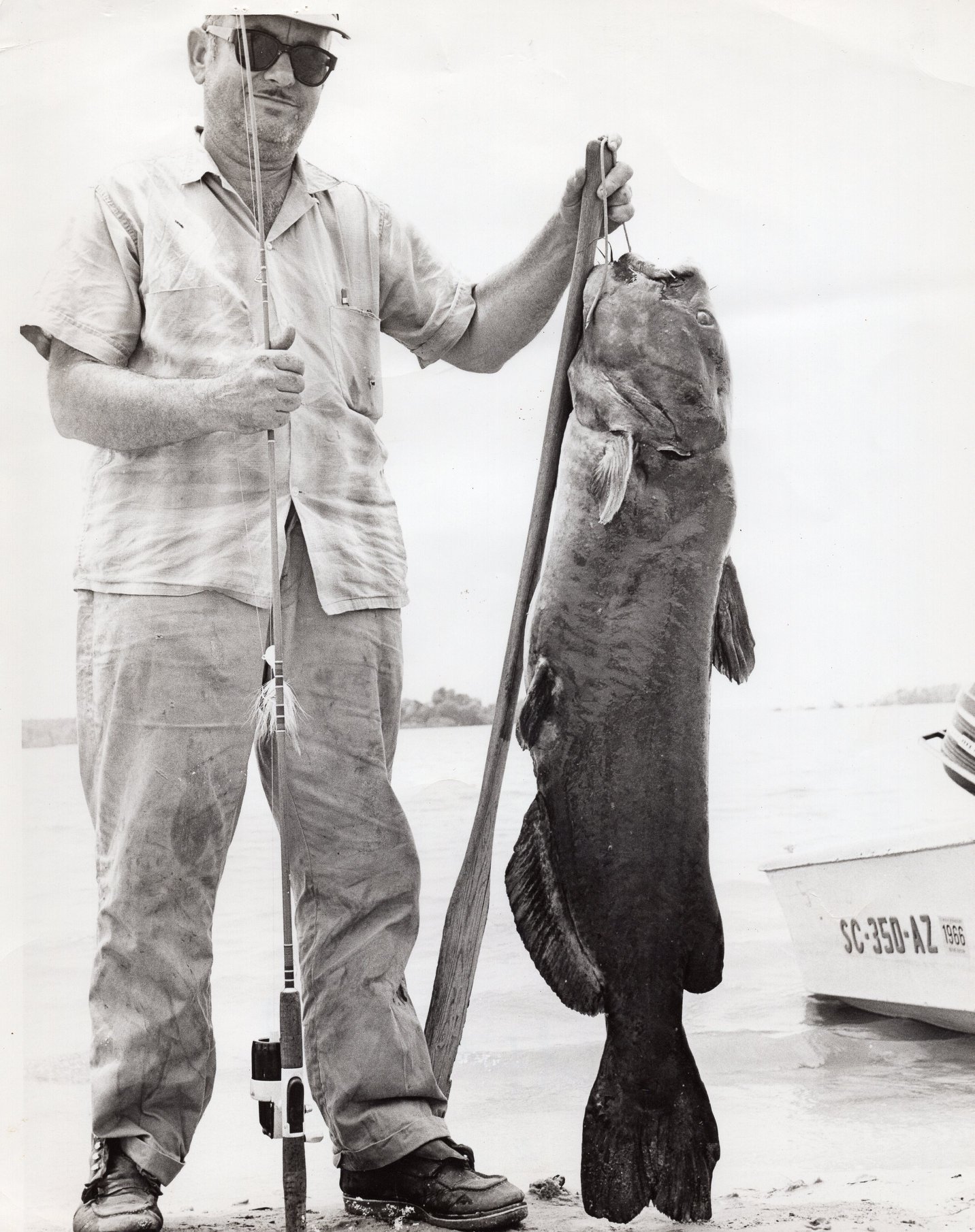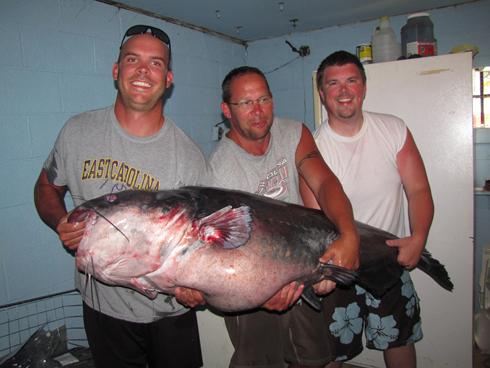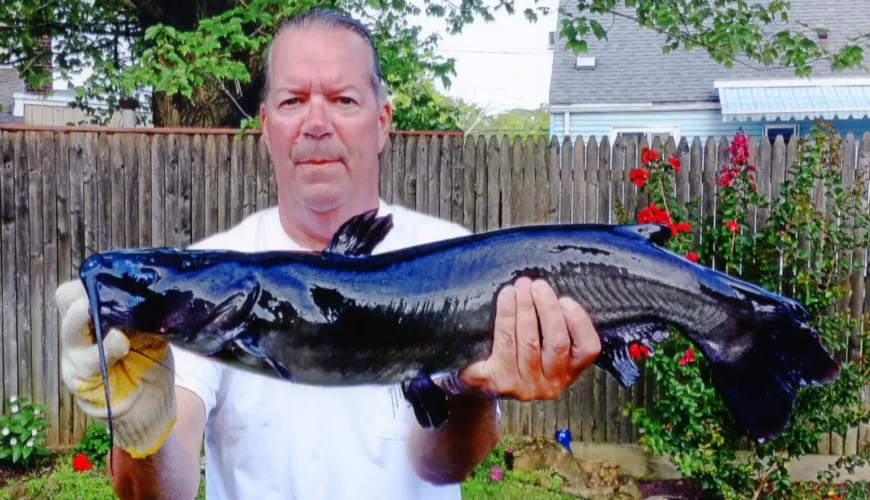Tactics
Spinnerbaits for Bass
January 30, 2026 •John N. Felsher
August 14, 2024
Whether you are east coastie, west coastie, or a Midwesterner the types of catfish you can find in local waters will vary and offer completely different fishing experiences. Learn more about different types of catfish and what to expect when fishing for them.

The channel catfish is the species of catfish most anglers are familiar with; as the most fished catfished species and official state fish of Kansas, Missouri, Nebraska, and Tennessee, the channel catfish are probably what comes to mind when you envision a cat.
Channel catfish are native to lower Canada, eastern and northern United States, and parts of northern Mexico. Their awesome sense of smell is what created the tradition of using olfactory-overloading catfish bait when attempting to reel one in. While most channel catfish weigh in at 2 to 4 pounds, the standing record for largest channel cat is a whopping 58-pounds and was caught in South Carolina in 1964.
Channel catfish often have a smaller, more sensitive bite, –often mouthing the bait before grabbing hold– and expert anglers suggest quill cork rigs to pull up a mess of catfish.
Black bullhead cats are common in the central United States. Given the black bullhead’s ability to thrive in brackish, turbid, and very warm waters these cats are often found along the soft bottoms of murky depths. Often referred to as mud fish, black bullheads aren’t as highly sought after as some of their cousins, though more kitchen savvy anglers would argue that they still make good meals with the right preparation. Because of their less sought-after reputation, black bullheads can sometimes thrive in large populations making them easy to pull out of waters with little more than a spoon lure.
The record for black bullheads is currently held by Frank Piazza, who pulled in an 8-pound bullhead in 2015 in Massapequa Lake, Long Island. Piazza was using a St. Croix rod with a Shimano reel spooled with 10-pound Trilene. True to the black bullhead’s omnivorous nature, Piazza was using bread as bait at the time.

Found in the lower great lakes to Mexico, flatheads are commonly found among logs and debris and come in as the second-largest North American catfish. Not easily confused with other species of catfish, the flathead—also known as the shovel head—have a distinctive wide head, oval jaw, and olive coloring. Flatheads have a diverse, even at times cannibalistic, diet and a distinct preference for other fish and live bait.
Ken Paulie reeled in the 123-pound record catfish in 1998 at Elk City Reservoir, Kansas. Paulie used a live minor at the end of a Zebco rod adorned with a Zebco 33 reel spooled with 14-pound Trilene monofilament fishing line.
While blue catfish are native to Mississippi, Missouri, Ohio and Rio Grande River basins their introduction to other areas such as the Chesapeake Bay has them classified as an invasive species depending on your region. Regardless of status, these cats are known for their tendency to grow to epic proportions as well as being a tasty catch.

Blue catfish prefer large rivers with deep channels, swift currents, and sandy bottoms. The standing record for a blue cat is held by Nick Anderson who reeled in a 143-pound blue cat in Clarksville Virginia in 2011 using an Ugly Stik, Shimano fishing reel, and 30lb test fishing line. Though Anderson’s 45-minute battle is highly impressive, the bait used has never been disclosed which makes beating this record a puzzle for future anglers to solve.
Reeling in cats is a favorite pastime for many thanks to their healthy population, good fight on the line, and tasty reward. And no matter where you are in the U.S. there just may be a large cat waiting for you in the waters.
